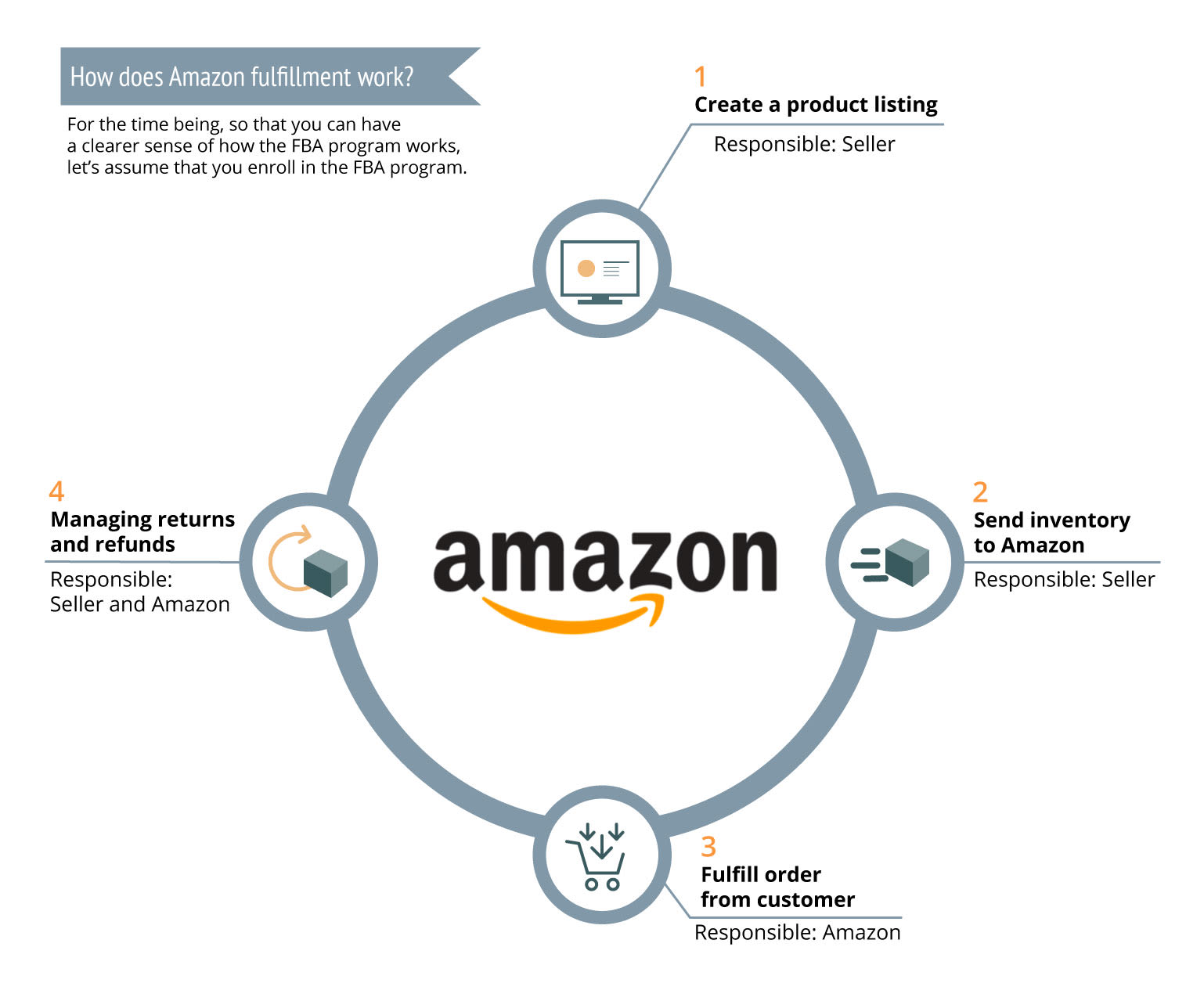
When buying products and services over the Internet, there are many benefits. There are some downsides to this convenience. These risks could be caused by fraudulent merchant actions. To minimize the risk of being ripped off, you can keep your shopping secrets to yourself. Online shopping allows you to purchase virtually any product and pay for it with your credit card. You should keep your identity private and pay information confidential.
Purchase products or services online
There are many advantages to purchasing products and services online. For starters, it can save you a great deal of time and money. Online shopping allows you research products and post purchasing requests. You can also find suppliers. Online trading networks allow you to trade information and purchase equipment and supplies. This is possible to automate, which reduces costs. You can also save money by purchasing directly from suppliers.

Convenience
Although online shopping offers many benefits to consumers, many of these benefits are more difficult than those you would find in a brick and mortar store. While 72% of consumers tolerate shipping delays, nearly 80 percent will abandon their purchase if a product isn't in stock. Shipping delays are not the only risk. Shoppers also don't always have a clear sense of product quality. This can make comparison shopping difficult.
Online shopping has many advantages and is an integral part our daily lives. Online shopping eliminates the need to deal with long lines and excessive crowds. Customers can shop online from any location as long as there is an internet connection. This means that they can avail of any sale at any hour of the day. Online shopping is also easier because so many products are available.
Risk of being defrauded by a merchant
Fraudulent activity can also be conducted online, particularly if you buy a product with high resale potential. Commonly, fraudsters will steal credit card information. Then they will use your personal email to track your purchase. Fraudsters will often send large orders to make sure they get the money before you even realize it. They will then move on and take the money.
Fraudsters can use different methods to make an online purchase, such as chargeback fraud. Most commonly, a merchant will enter your credit card number into the payment field. There are several ways to dispute the transaction, including calling the bank. Merchants will be responsible for refunding any chargebacks. Even fraudsters can use stolen information to create false identities.

Keeping shopping secrets to yourself
To protect yourself from fraudulent sites, use only reputable websites for online shopping. Secure websites hide the data you provide, so cybercriminals can't access it. When shopping online, only visit reputable sites, and don't click on links or emails from unknown senders. Before giving credit card information, be sure to review the terms and condition of each company. You should not buy items that require your Social Security number.
FAQ
How to avoid fraudulent use of credit cards online
Make sure to review your credit card statements before you buy online. Be sure to only pay the bills that you owe. You should check your bank statement often to verify that there are no suspicious charges. If you are suspicious of unusual charges, please contact your card company immediately. They will usually cancel the transaction and refund any money that was taken out of your account.
Contact your local police station if it seems you have been swindled. You can also file a complaint with the Federal Trade Commission (FTC).
Are there any discounts that can be requested when you shop?
It is a good idea to always negotiate a lower price for items you buy. It is acceptable to ask for discount codes. This will make it easier for them to offer you a discount code. This could save your money over the long term.
When is the best time to shop online?
Sunday is the best time to shop online for clothes. There are many stores open so you can browse and find exactly what you need. Monday is the day you should purchase everything you will need for the coming week. Tuesday is when you should do any last-minute shopping. Wednesday is the day you should begin shopping for Christmas. Thursday is the best day to start planning for Easter. You should begin preparing for the summer holidays on Friday. Saturday is the time to prepare for the school holiday. Last but not least, complete all remaining tasks for the week.
Statistics
- A report from the U.S. Census Bureau found that in the first quarter of 2022, an estimated $250 billion was spent on retail e-commerce sales.1 (thebalance.com)
- The tax is automatically added once you click the checkout button, so factor in an additional 20% when looking at the product page. (makeuseof.com)
- Your Online Purchases 79% of Americans purchased goods and services online in 2018, which is expected to exceed 90% in 2023. (meetfabric.com)
- According to the Federal Trade Commission (FTC), online shopping was the fourth most common fraud category for consumers as of February 2022.5 (thebalance.com)
External Links
How To
How to shop online safely
Online shopping offers convenience and is a great way to shop for goods and services. However, online shopping comes at a high cost. There are benefits, but also dangers to shopping online. The biggest risk is identity theft. Identity theft poses the greatest risk. Identity thieves may use your personal data (name and address, credit card number, credit card number, etc.) to steal money from your account or obtain fraudulent loans against it. They will then sell your stolen information to the black market. If you want to stay safe while doing business online, here are some tips to keep in mind:
-
Use a secure website. SSL encryption is a free service offered by most online stores to protect customers' data. It means that any information entered onto their website such as names, addresses and phone numbers is encrypted so that only you have access to it. It prevents anyone else from reading what you enter. It is important to verify that an authorized CA has issued a valid certificate before you shop online. When browsing, look for the padlock icon in the URL bar.
-
Do not give out your password. When you first sign-up for a new account you'll receive an email asking for confirmation of your username and/or email address. These credentials must not be shared with third parties. Also, don't write them down anywhere because if someone steals your wallet, they could access your accounts too! Instead, keep them safe on your computer. Also, it is important to change passwords every three months.
-
Keep track of your orders. Track your orders if you are sending items to others or yourself. Many people fall for the trap of thinking they have sent something to them, but in reality it was sent from another place. Always check the tracking number before you pay for shipping. Always get proof of delivery before you ship anything. Contact the company immediately if you're not satisfied with the service provided.
-
Make sure you know who your dealings with. Many websites ask you for sensitive information, including your full name, date and birth, Social Insurance Number, bank routing number, and social insurance number. These details are used to identify you. Google "what is required" if you are unsure if a website requires this information. You'll find many solutions.
-
Pop-up windows can be annoying. Pop-ups abound on many websites offering special offers, deals and other products. Although some of these advertisements may appear legitimate, others are intended to trick you into disclosing your private information. For example, a fake anti-virus program could ask for your banking information, credit card numbers, and social security number. Don't click on any links that seem suspicious to avoid being tricked.
-
Beware of phishing scams. Phishing scams involve hackers posing as reputable companies to trick consumers into handing over their financial information. Phishers will often send emails that appear to come from banks and retailers encouraging customers to log into their accounts and update any information. Once you've given away your information, the hacker has control over your finances. Hackers are able to drain your bank accounts and transfer funds among different accounts. You can find many resources on how to spot a phishing scheme, including How To Spot a Fake E-mail Scam.
-
Do your homework. Be sure to read the fine print before you sign anything. The terms and conditions of any contract you agree to must be clear and easy to understand. Take the time to review all terms and conditions carefully. It is important to avoid hidden fees or charges in order to save money.
-
Shop around. Do not be afraid to shop around. Compare prices on different websites until finding the lowest price. When ordering multiple items, you can also compare shipping costs. Shipping costs will vary depending on which website they are from. It is worth paying extra for faster shipping.